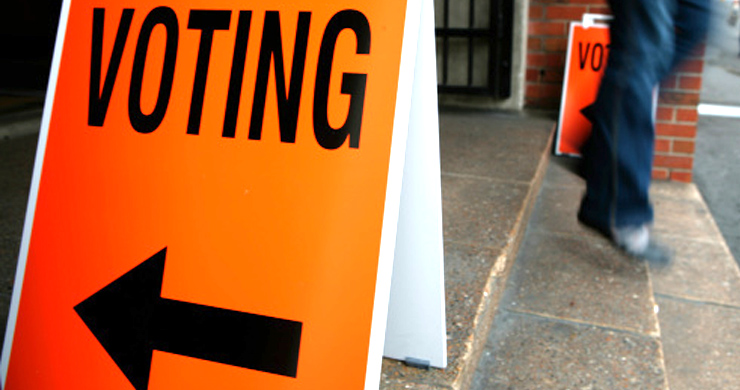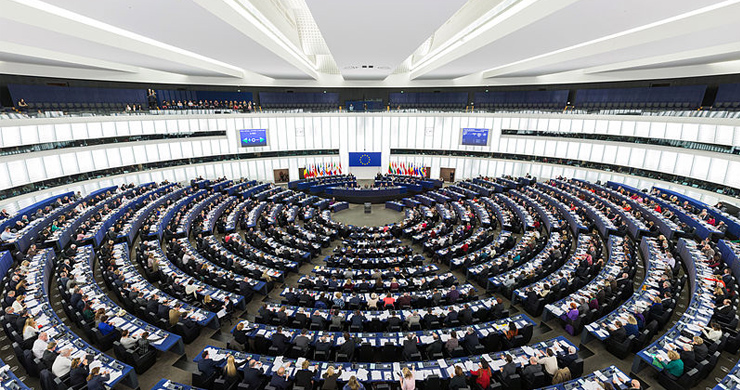What Aspects Of The EU Are Good Or Bad For Wales?
Is the EU good or bad for Wales?
The EU to start with was designed to help peace in Europe after the devastation of two World Wars. It was felt that countries reliant on each other for trade would be more likely to be allies and less likely to be enemies.
As trade created wealth it became important to share it out and the EU adopted a major aim of balancing out wealth; the richer areas were expected to contribute funds to the EU which would be used to help poorer areas to catch up these are sometimes described as EU structural funds.
The map below shows relative wealth (GDP) across all EU member states.
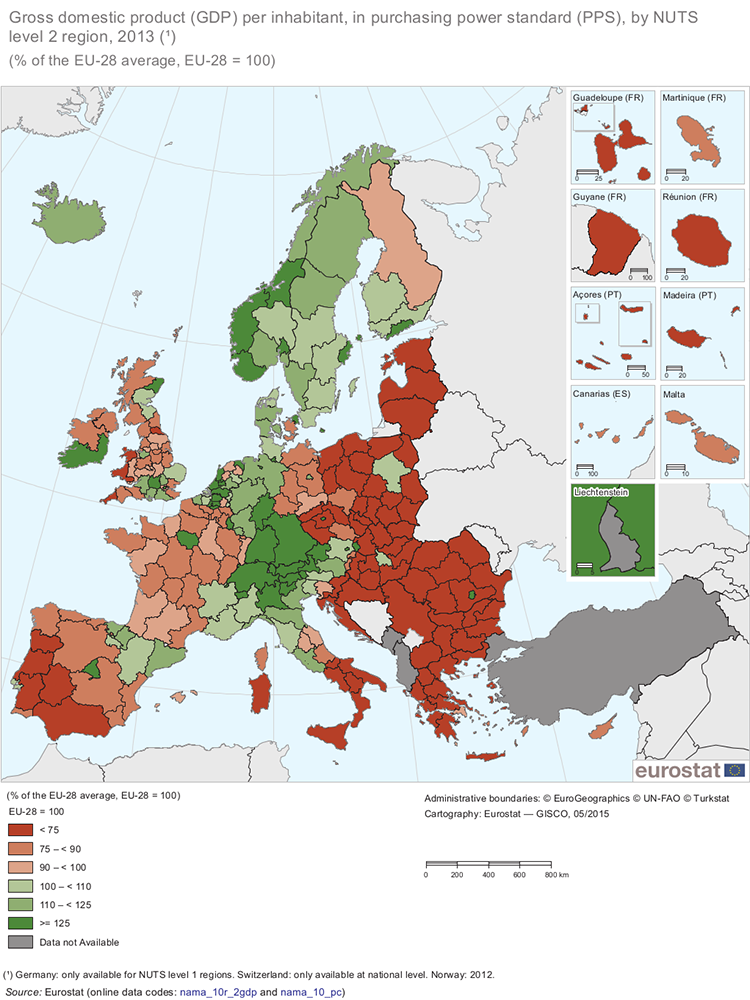
Image: EU-regions GDP per capita PPP - European Comission eurostat - © Wikimedia Commons
Money
Money or how much it costs us to be in the EU is probably the biggest discussion point on membership in the referendum.
The UK is one of 10 member states who pay more into the EU budget than they get out, only France and Germany contribute more. In 2014/15, Poland was the largest beneficiary, followed by Hungary and Greece.
Some leave campaigners have said the UK sends £55m a day to the EU but that is based on gross figures, which is a fair approximation of the UK's "membership fee" but does not take rebates and money back into account.
The UK gets an annual rebate and money back in the form of regional development grants and payments to farmers, which added up to £4.6bn in 2014/15. According to the latest Treasury figures, the UK's net contribution for 2014/15 was £8.8bn - nearly double what it was in 2009/10.
To put that in context, it is about £24m a day or about 1.4% of total public annual UK spending - slightly less than the energy and climate change department's annual budget.
The National Audit Office, using a different formula which takes into account EU money paid directly to private sector companies and universities to fund research, shows the UK's net contribution for 2014 was £5.7bn which if you divided it by 365 would give you a value of close to £15.6 million a day. Still that is a lot of money.
Regional Aid
The map mirrors the wealth map but it shows areas which receive money or aid from the EU at different levels. Large parts of North, West Wales and The Valleys receive the highest levels because people are amongst the poorest in the EU – they earn less than 75% of average GDP (money earned).
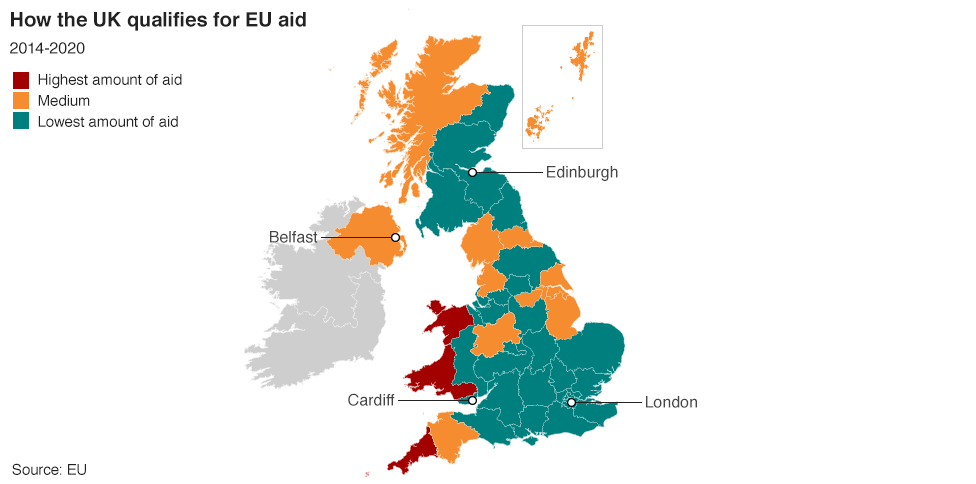
Image: EU economic aid - © BBC / EU
Wales overall on average is amongst the poorest parts of the EU and will have received over £5 billion of EU structural funds by 2020. Wales gets far more money from the EU than it pays in.
Some leave campaigners point out that this is UK money being recycled and that Wales would get the same anyway. However there are strict rules currently in place within the EU that guarantee the funding which if the UK left would then be at the discretion of the government in Westminster.
The simple facts are however that richer regions of the UK and the rest of the EU pay into EU funds and that poorer regions receive this money; Wales on average is a poorer region due to West Wales, North Wales and the Valleys being below 75% of EU average EU GDP.
Farming and Fishing
In the EU there are strict rules about both of these in The Common Agricultural Policy (CAP) and The Common Fisheries Policy.
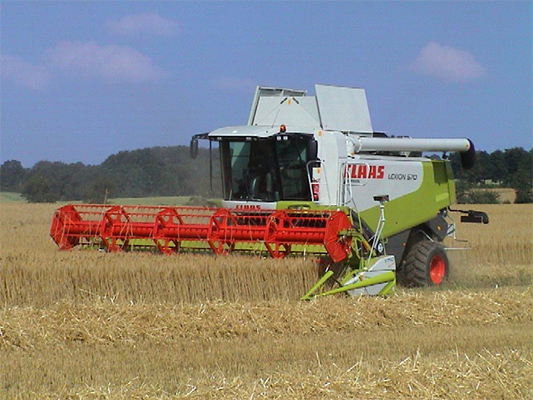
Image: Claas-lexion-570-1 - Hinrich - © Wikimedia Commons under Creative Commons Attribution-Share Alike 3.0 Unported
Approximately 40% of the EU budget goes to farmers in terms of payments sometimes called subsidies. On top of this the EU passes legislation which many farmers believe is essential for them to get fair prices from buyers such as supermarkets. Farming unions across Wales, Northern Ireland and Scotland which represent farmers are largely in favour staying in the EU.
Andrew RT Davies who has been a long term leader of the Conservative Party in Wales and an AM in the Welsh Assembly is also a farmer but he is campaigning to leave the EU. So not all farmers are in agreement as they believe that outside the EU there will be more money available; as at the moment the UK makes a net contribution to the EU as well as a better trading environment without EU ‘red tape’.
Wales and the UK have some of the best fisheries in the EU but the fishing industries here have been in decline. Many people blame EU rules and the fact that other EU countries are allowed to send large factory fishing ships into UK waters before taking the fish back to their own countries to support their own food industries.
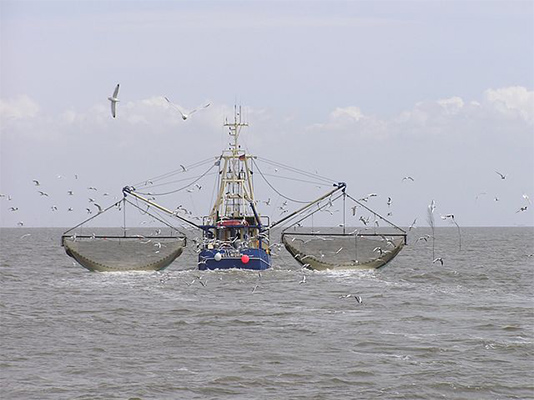
Image: Krabbenkutter Ivonne Pellworm P5242390jm - Joachim Müllerchen / Jom - © Wikimedia Commons under Creative Commons Attribution-Share Alike 2.0 Germany
There is a big argument as to whether EU rules are helping to improve the sustainability of fishing but there is little argument within the fishing industry in the UK that allowing free access to British waters to all EU countries is bad for the British fishing industry.
Migration
The United Kingdom still has control of its borders and everyone from everywhere has to show their passport and is checked.
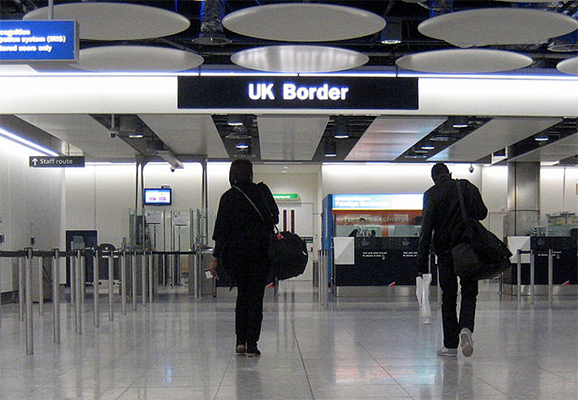
Image: UK Border, Heathrow - dannyman - © Wikimedia Commons under Creative Commons Attribution 2.0 Generic
However citizens of EU member countries have the right to live and work in any EU country. Many UK citizens and UK businesses use this to their advantage; millions of ‘Brits’ retire to the Sun in Spain, France and increasingly to cheaper countries further East. However many citizens of other European countries move in the opposite direction.
Some say this is good as the benefits we get in the UK from our free movement combined with the essential skills that migrants to the UK outweigh the negatives such as increased competition for jobs or migrants accessing public services.
There are about 3 million people of working age from other EU countries living in the UK. Many come to study so support our higher education institutions and the wider economies by bringing money from their countries to pay for University fees, accommodation, food, utilities and leisure activities. People of working age from other EU countries are also more likely (80%) to be in work than UK citizens (75%) so on average they contribute more taxes to pay for the services they use; they put in more than they take out. However as a result they will provide competition to get jobs making possibly making it harder for some people to get a job but the money that they earn will also create jobs.
Red Tape
Rules and regulations are sometimes called ‘red tape’ opponents of the EU say it is bad because it costs business extra money.
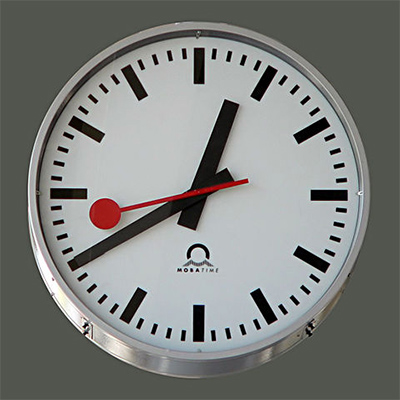
Image: BahnhofsuhrZuerich RZ - JuergenG - © Wikimedia Commons under Creative Commons Attribution-Share Alike 3.0 Unported, 2.5 Generic, 2.0 Generic and 1.0 Generic
People in favour of the EU say it is good because the rules and regulations are mainly to give workers employment rights, to protect consumers when they buy goods and services and to protect the environment.
According to the Open Europe think tank, four of the top five most costly EU regulations are either employment or environment-related. The UK renewable energy strategy, which the think-tank says costs £4.7bn a year, tops the list. The working time directive (£4.2bn a year) - which limits the working week to 48 hours - and the temporary agency workers directive (£2.1bn a year), giving temporary staff many of the same rights as permanent ones - are also on the list.
These all either help protect the environment or workers and their families; other regulations include things like ensuring food quality, stopping consumers being overcharged by airlines for late or cancelled flights and stopping overcharging for mobile data and calls.
The big question is whether the EU rules and regulations are good for the people of Wales?
Trade
Trade is the main way that a country earns money.
The rest of the EU is our biggest trading partner and thanks to the EU that trade is free from tariffs (taxes on imports) and other charges. In Wales we also have a lot of jobs linked to the fact that our ports are the main ones linking the Republic of Ireland with the UK and then the rest of the EU.
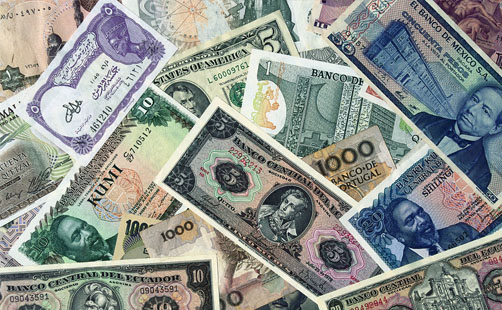
Supporters of the EU also point out that EU member states have trade agreements in place with nearly every country in the world. In addition the EU has been negotiating The Transatlantic Trade and Investment Partnership - or TTIP - currently under negotiation between the EU and United States will create the biggest free trade area the world has ever seen.
Supporters for TTIP, including Conservative leader David Cameron, believe it could make American imports cheaper and boost British exports to the US to the tune of £10bn a year. Opponents including Labour leader Jeremy Corbyn, fear it will shift more power to multinational corporations, threaten public services, damage food standards and reduce people’s rights.
Quitting the EU would mean the UK would not be part of TTIP. However economists believe that the EU will see a trade boost of £120 billion a year and the USA a trade boost of £90 billion a year and the UK would lose its share of that.
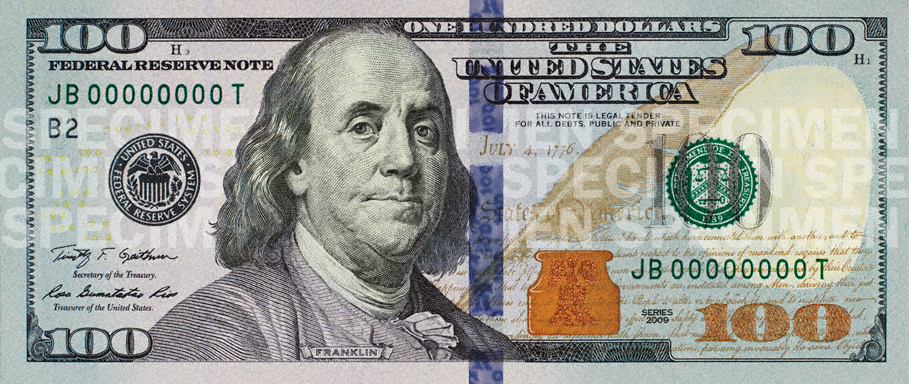
Image: New100front - Bureau of Engraving and Printing - © Wikimedia Commons under Public Domain
Opponents of remaining in the EU believe that if the UK left the EU then it would be free to negotiate its own new trade deals which might be better as they could be better than the ones in place for the EU as it is very difficult to get all 28 countries in the EU to agree on something.
Unless we vote leave we would not know if we could negotiate such deals quickly enough; or if we could be stuck not being able to trade freely with most of our main markets.
Other Factors
These are just some of the main thins to think about; many others exist such as:
- Security
- Crime Prevention
- Defence
- University Research
- Rights
- Laws
- Holidays
- The environment
Just about anything that you can think about is affected by our membership of the EU.
Student Activity
After reading all three articles and carrying out the activities. Use the accompanying A3 sheet to help you to carry out an investigation into the 2016 EU Referendum in Wales.
Another issue you may find of interest, Investigating The Welsh Government Elections 2016.
